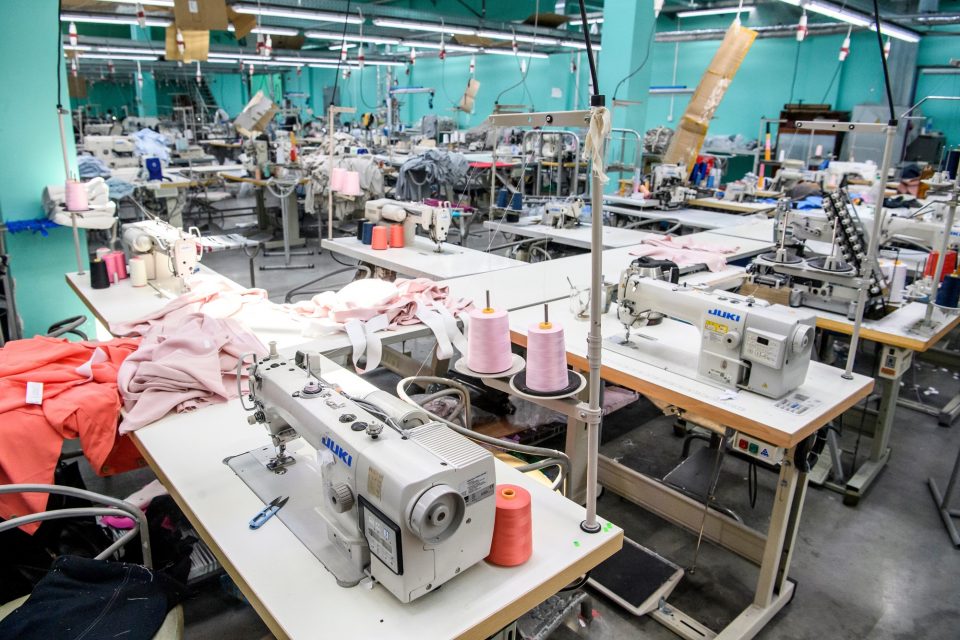The government has today set out the details of the UK’s new points-based immigration system, which will take effect from 1 January 2021, once freedom of movement with the European Union has ended.
Migrants will now have to gain 70 points to be eligible for a visa, in aims of creating a “high wage, high skill, high productivity economy” in the UK, a statement said.
Tom Ironside, director of business and regulation at the BRC, said: “Although we welcome the reduction in the salary threshold, it is disappointing that the government has not understood the needs of the economy and the vital contribution of workers supporting the operation of warehouses, food factories and city-centre stores.
“We continue to call for a system that enables straightforward recruitment from a range of skill levels and avoids significant increases to the cost of employment.
“Retailers rely on complex supply chains and, for these to function effectively, must be able to access an adequate supply of workers. When vacancies cannot be filled from the local labour market, businesses must be able to recruit from the widest talent pool available across all skill levels.”
In the system, EU or non-EU citizens will be awarded 10 points straight away if they can speak English to a certain level. A job offer from an approved sponsor, such as an employer cleared by the Home Office, and a job at a “required skill level” will then earn them 20 points each. Other points could be awarded for certain qualifications and whether there is a shortage in a particular occupation.
For those with a job offer, the minimum general salary threshold will be reduced to £25,600. Those who earn less than this – but no less than £20,480 – may still be able to apply by “trading” points on specific characteristics against their salary.
Entrants will need to be at a required skill level of RQF3 or above (equivalent to A level). The government said it will ”treat EU and non-EU citizens equally” and aims to attract people who can contribute to the UK’s economy.
Irish citizens will continue to be able to enter and live in the UK as they do now.


